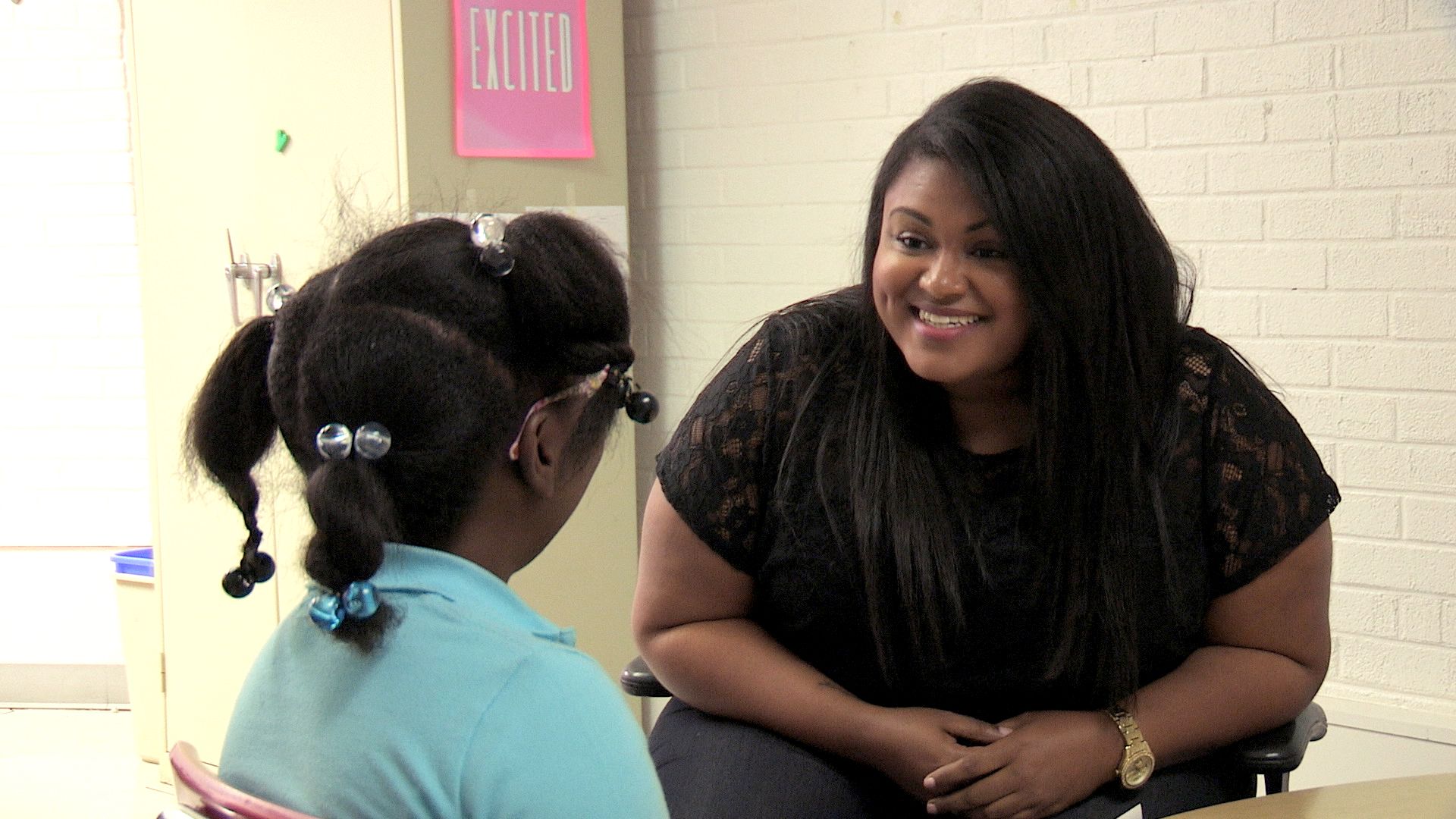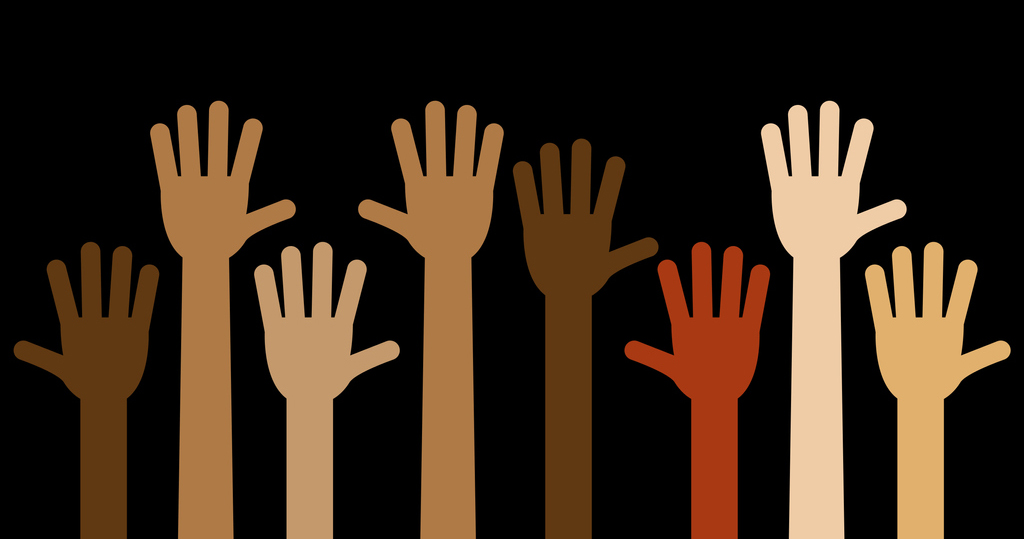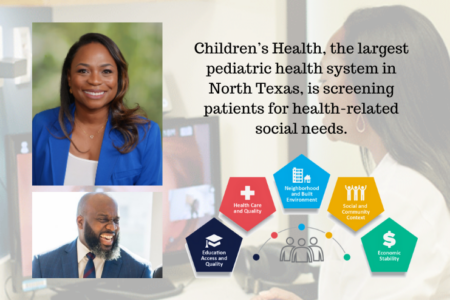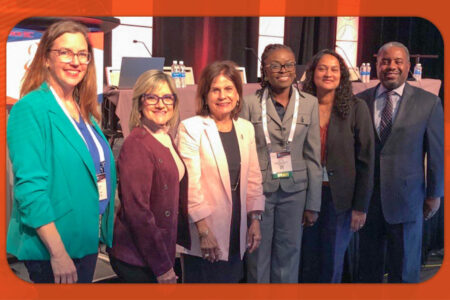
Share On Social!
Too many social support tasks fall to armed police officers.
As local leaders discuss COVID-19 recovery plans, they need to consider how to address these social support issues in tandem with economic issues.
Many cities are exploring how to reform or reimagine police. This often includes partnering with community-based social, behavioral, and mental health services.
However, community partners may lack capacity for city-wide change.
That’s why cities need to build a community-based workforce to coordinate community development, help families recover from the pandemic’s economic fallout, and reform police, simultaneously.
Expensive Spending on Traditional Policing
Public safety is a major city expense.
Of the 50 largest cities, spending on police accounts for the largest share of the budget in 35 cities, according to USA Today. Police are over one-fifth of the entire city budgets in 12 cities, according to The Center for Popular Democracy.
Unfortunately, cities still struggle to determine the impact of policing on crime rates.
The “tough on crime” approach of recent decades has resulted in mass incarceration. It is viewed as “both economically and socially costly because it fails to support rehabilitation, creates a plethora of collateral consequences for families, undermines community stability, and harms the economy,” according to a 2018 report from the Urban Institute.
Moreover, half of violent crimes are not reported to police, according to the Bureau of Justice Statistics. Cities are finding that police often respond to non-criminal incidents that call for social or health services rather than armed police.
Underfunded Social Services
Economic hardship—insecurity around food, housing, utilities, transportation, income, and other resources—is indirectly associated with crime and violence, like intimate partner violence and child abuse and neglect.
However, social services to address these issues are drastically underfunded nationwide. Regardless of views on reforming or reimagining police, many people can agree on this.

The problem is that law enforcement has been picking up the slack.
Even in schools.
When schools begin to reopen after COVID-19, millions of students will attend schools where school police are present. And, just like before COVID-19, there will be fewer health support staff—counselors, nurses, social workers, and school psychologists—than school police.
“These glaring deficits in mental health staff for students are inexcusable, especially in comparison to the number of reported law enforcement in schools,” according to a recent report by the American Civil Liberties Union.
Bolstering the Social Service Workforce
Efforts to redefine public safety, reform policing, and refocus police responsibilities should include social service workers who represent and are embedded in the communities they serve.
Collaborating with embedded organizations leverages existing connections and ensures that investment strengthens, rather than displaces, the established community, according to the Urban Institute.
These can be community-based workers in various human, social, and health services, such as organizations that help respond to domestic violence, substance abuse, and homelessness.
As cities face budget cuts and consider workforce development in response to COVID-19, they can allocate more spending for a community-based workforce to simultaneously meet social and economic needs and respond to non-criminal and non-emergency incidents before they escalate to police involvement.
Partnering with local universities and colleges is critical to develop tracks for job and skills training, such as certificates in:
- addictions and substance use disorders
- human services
- behavioral health sciences
- human development
- family life education
- development disabilities
- trauma counseling
- trauma-informed perspectives
- community health workers
These community-based workers can supplement existing social services; help achieve various social, economic and health goals amid the pandemic; and reduce the need for police in many incidents, thus saving cities money and building community trust.
Community-Based Contact Tracers
In addition to public safety budgets, many cities are struggling to hire and train enough case investigators and contact tracers to prevent community transmission of COVID-19.
Some cities are outsourcing contact tracers.
In San Antonio (64.2% Latino), for example, more than 6,000 people applied to job openings for case investigators and contact tracers through the city’s partnership with UT Health School of Public Health.
 However, the city decided to outsource contact tracing to a tech startup headquartered in North Texas, which relies on a data management system full of technical glitches and not yet offered in Spanish.
However, the city decided to outsource contact tracing to a tech startup headquartered in North Texas, which relies on a data management system full of technical glitches and not yet offered in Spanish.
Like all social services, workers need to represent and be embedded in the communities they serve.
When contact tracers aren’t, the following negative impacts occur, according to A Guide to Community-Based Workforce Principles for Contact Tracers:
- Low community engagement
- Less effective contact tracing
- Preventable spikes and persistence of COVID-19 community transmission
- Increased strain on budgets
- Worsening health and economic disparities
- Deepening of structural racism and economic inequity
This is particularly problematic because Latinos face higher rates of COVID-19 cases and hospitalizations than whites nationwide. They also face higher death rates in many states, like Arkansas, California, Colorado, Illinois, Nebraska, Texas, and Utah.
That’s why San Francisco trained four staff members from Instituto Familiar de la Raza, a Latino health and wellness organization, to build on existing relationships to overcome the community’s mistrust in the health system, according to the San Francisco Chronicle.
That’s also why the University of California San Francisco (UCSF) developed a 20-hour primarily online training program to train workers to communicate with California’s highly diverse population and link newly infected people to services.
Partnering with local universities and colleges is an excellent way to develop a workforce program to meet contact tracing and other community needs, such as certificates in:
- Data entry
- Data analytics
- Records management
- Case management
- Customer service
Beyond COVID-19, these workers will have valuable training and experience that can translate to numerous other employment opportunities.
“This is a huge opportunity to seriously invest in the public health workforce in California,” said Michael Reid, MD, an assistant professor of medicine at UCSF.
Community-Based Implicit Bias and Trauma-Informed Trainings
In addition to building a workforce of community-based workers, cities should invest in implicit bias and trauma-informed trainings for existing workers.
Unconscious biases shape our understanding, decisions, and behavior and result in racially disparate outcomes.
Training on these biases helps mitigate them through reflection and awareness.
For example, according to an evaluation of the National Initiative by the Urban Institute, police officers in six major cities that received implicit bias training were more likely to agree after the training that:
- stereotypes could influence their interactions with particular groups without their awareness
- even well-meaning people have biases
- they were less likely to agree that nothing could be done about implicit biases if they are unconscious.
In Newark, New Jersey, Equal Justice USA is working with the Newark Police to teach police and civilians how trauma impacts their daily lives.
“Through the lens of trauma you see that we are more alike than we are different,” said Fatimah Muhammad, formerly part of Equal Justice USA.
What Else Can Cities Do?
Cities can go even further.
They can build a cadre of implicit bias and trauma-informed trainers to provide trainings across multiple public institutions, not just police. They can also invest in places, particularly to reduce housing- and transportation-cost burdens. Here are other health-equity-focused solutions.
Share this with local leaders and non-profits and urge them to build a community-based workforce of contact tracers and social workers. Get involved in task forces and committees that are discussing public safety and COVID recovery.
You can also help cities address historic, systemic racism that negatively impact housing, education, transportation, health care, and many more sectors of society.
 Download the free Salud America! “Get Your City to Declare Racism a Public Health Crisis Action Pack.”
Download the free Salud America! “Get Your City to Declare Racism a Public Health Crisis Action Pack.”
The Action Pack will help you gain feedback from local social justice groups and advocates of color. It will also help you start a conversation with city leaders for a resolution to declare racism a public health issue along with a commitment to take action to change policies and practices. It will also help build local support.
Dr. Amelie G. Ramirez, director of Salud America! at UT Health San Antonio, created this Action Pack with input from several San Antonio-area social justice advocates.
By The Numbers
23.7
percent
of Latino children are living in poverty



